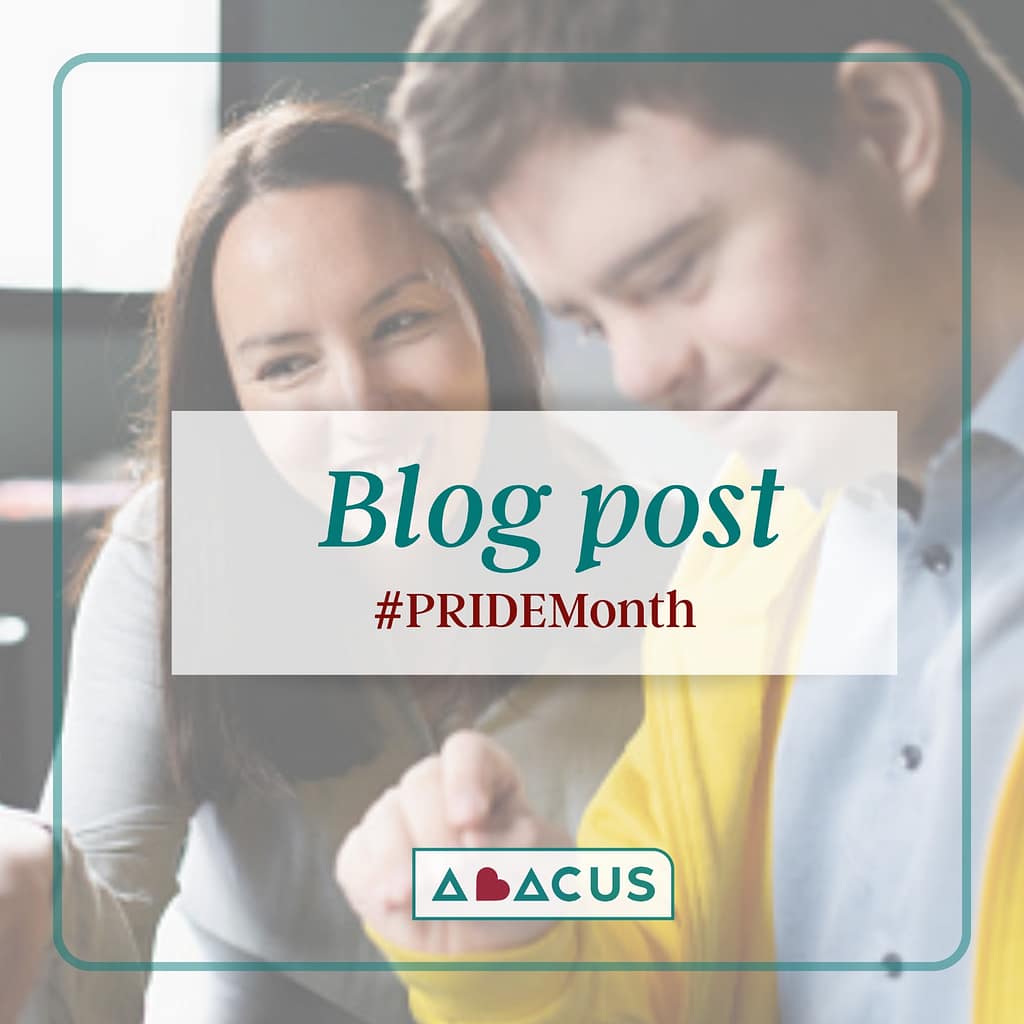Reflecting on the life and reign of Queen Elizabeth II
Around the UK, and indeed the world, individuals and communities are mourning the death of Her Majesty Queen Elizabeth II. During her 70-year reign the Queen was patron to more than 600 charities and organisations, a number of which do vital work within the healthcare sector. The Queen demonstrated her support to those who give and receive care in numerous ways: at visits, grand openings, through letters and more. In fact, during the Covid pandemic in 2020, the Queen took part in her first official-duty video conference to mark Carers Week, in which she spoke to personal care givers about their experiences. As we reflect on the Queen’s life as an organisation, we ask the question: What in Her Majesty’s long and full life can inspire the work of Abacus Care & Support? The Queen’s life was one of stability, service and ‘showing up’. Stability Until now, Queen Elizabeth II is the only monarch most of us have known. Amidst great triumphs and tragedies, the Queen consistently and calmly addressed the world with messages of thanks, congratulations and condolences. We all receive comfort from the stability of people and things. At Abacus we aim to provide stability for clients through consistent staffing and at-home support. Service The Queen frequently spoke of her commitment to serving the United Kingdom and the Commonwealth. She promised her devotion to service in a now-famous speech on her 21st birthday, and reiterated the sentiment throughout her life. Serving is about supporting the needs of others. Our goal at Abacus is to recognise people’s needs and address them well. ‘Showing Up’ Collectively, the Royal Family attends over 2,000 official engagements each year. The Queen visited at least 117 countries during her lifetime, attended national and local events and even made a few surprise appearances. Despite her increasing frailty in recent years, the Queen committed to showing up for the people she served. At Abacus, we ‘show up’ by providing necessary assistance: with medication, mealtimes, hygiene etc. But we also ‘show up’ simply by being there for our colleagues and clients. We’re there for one another when things are easy or difficult. We ‘show up’ not only by doing, but by being. News of the Queen’s death is likely to invoke a range of emotional responses. Perhaps we feel sad, nostalgic or indifferent. Varied responses are expected and valid. There is always something to learn from the lives of others, particularly when a life is long-lived. Our hope is that throughout Abacus’ own lifespan, we can strive for and be known by our stability, service, and dedication to ‘showing up’. This post was written by Amy Bianchi
Reflecting on the life and reign of Queen Elizabeth II Read More »


